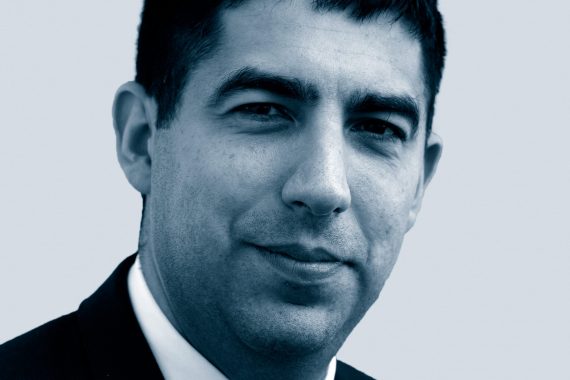An inconvenient truth

The Scottish Government announced last week that it intends to roll out an existing video consultation platform as the ‘default option’ for all patient consultations across general practice and secondary care. With the infrastructure already in place, this goes further than Matt Hancock’s vague pronouncement earlier this year.
But it feels like both governments are indulging in opportunism that is not entirely based on good medicine. Let’s not forget, the overnight move to remote consultations was not part of a long-term plan based on evidence – it was a necessary strategy. Without such a move, general practice would have closed (and it did not, contrary to what some high-profile columnists would have us believe).
Remote consultations will exacerbate patient demand by making GP appointments more convenient
The problem is that the main obvious change noted at the time – a more manageable workload for many GPs in the first few months of the pandemic – was not down to remote consultations. It was down to vastly reduced patient demand, with people staying away in fear of the virus. Now that the fear is (rightly or wrongly) subsiding, many GPs are reporting that patient demand is creeping beyond the already unsustainable pre-Covid levels.
And far from reducing patient demand, remote consultations will exacerbate it by making GP appointments more convenient for the patient. And the worst thing is, policymakers not only know this – it is the very reason they are promoting remote consultations.
This is a microcosm of the far wider struggle for general practice. Until politicians start prioritising GP workload over patient convenience, then general practice will sink further and further. Which will be inconvenient for GPs and patients alike.
Jaimie Kaffash is editor of Pulse. Follow him on Twitter @jkaffash or email him at [email protected].









